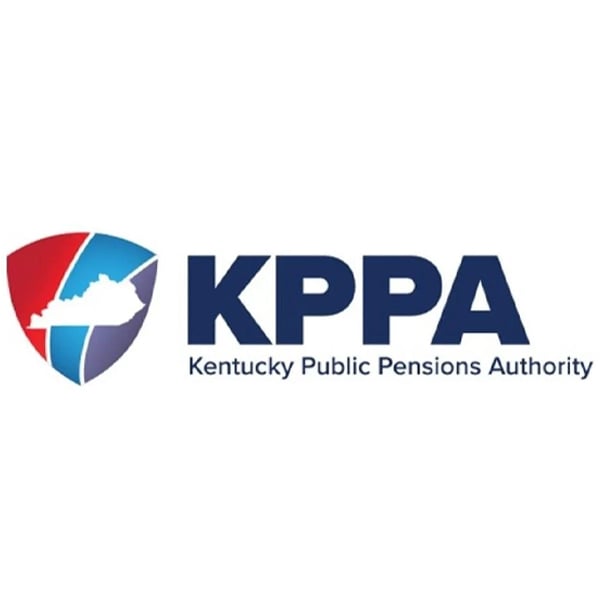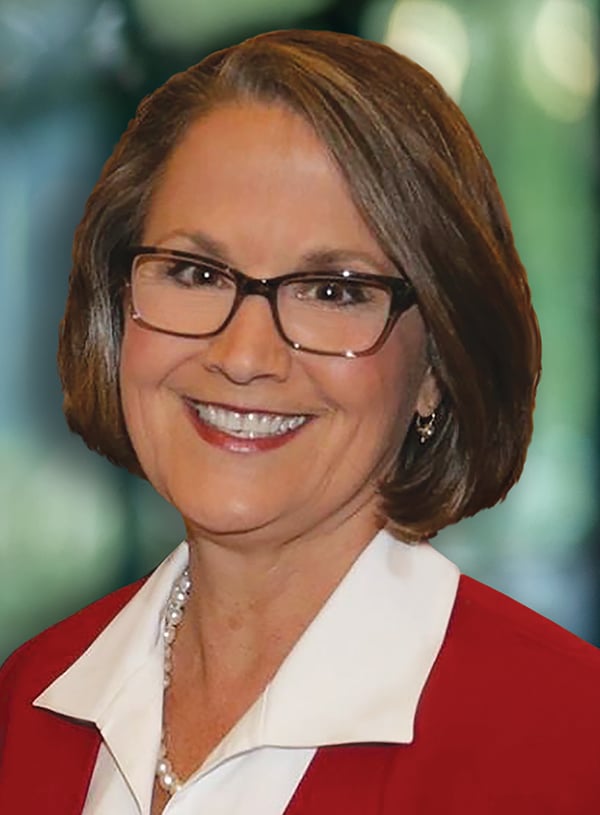Several of Kentucky’s key educational improvements have plateaued, and some have started to slip backward, according to a new report from the Prichard Committee for Academic Excellence.
The 2018 update of the committee’s Top 20 by 2020 project is the latest in a series of biennial reports initiated in 2008 with a challenge to move the state education system into the top 20 among the 50 states by 2020.
The report is a compilation of indicators reflecting the state’s performance in education, ranging from preschool to elementary and high school to postsecondary; it also includes data on education funding.
Hitting the top 20 appeared to be an attainable goal in the early years of the measurements. But the most recent report raises serious concerns about the state’s progress and makes it clear that achieving the goal will not be possible.

A particularly alarming warning bell is about Kentucky’s youngest learners, the report notes: “The most recent data puts Kentucky 41st of the 50 states in Building a Path to a Larger Life for All Kentuckians Through Excellent Education preschool enrollment, with only 41 percent of our three- and four-year-olds participating in public or private preschool. That’s a decline from our ranking of 24th in the original 2008 Top 20 report.”
Kentucky also has lost ground to other states in national eighth-grade reading and math assessments, and the state’s rankings have slipped for higher education funding.
Slow progress has been made in some areas, such as fourth-grade math assessments, Advanced Placement credits, and education attainment, but the improvements are occurring too slowly to reach the Top 20 ranking, the report added.
There are a few bright spots: Kentucky places in the Top 10 for high school graduation and fourth-grade science and in the Top 20 in fourth-grade reading, eighth-grade science, high school graduates going to college, and associate degree completion.
Prichard Committee Executive Director Brigitte Blom Ramsey outlined the report’s findings during the annual meeting of the statewide education advocacy organization. She also emphasized the need for deliberate, specific actions to return the state’s performance to one of progress, not decline.

The committee’s agenda for progress includes:
• Increasing state investments in quality early childhood programs.
• Stabilizing the policy environment to address the unintended
consequences of wasted time and resources created by continual policy
changes
• Assuring proficiency in reading and math for students by third grade
• Supporting teachers to ensure effective classroom instruction
• Ensuring a high school diploma is meaningful for students, families,
employers and communities
• Improving students’ transition into postsecondary education and
addressing challenges to affordability
• Engaging citizens at the community level to be champions for high expectations and adequate supports so all students have the opportunity to excel.
“We recognize that this is an ambitious agenda, but Kentucky cannot wait any longer to take the actions needed to put us back on the right course,” Ramsey said.
“Our education system has been in a near constant state of churn for the better part of the last decade. Since 2008, Kentucky schools and districts have been under three different accountability models, and teachers have been implementing three different sets of learning standards. While any system must be updated to meet modern demands, and disruption is at times necessary for breakthrough progress, growth and sustained improvement require the kind of certainty and confidence that can only come from deepening expertise.”
“It is imperative that our state leaders, legislators and the Kentucky Board of Education stabilize the policy environment and properly resource the system to allow continuous improvement to take root.”

“In addition, we know that nothing matters more than quality teaching to ensure student success. In the coming years, Kentucky must recognize and support the interrelated elements necessary, including teacher preparation, quality professional learning, clear opportunities for leadership, and compensation that attracts top talent into the teaching profession.”
Ramsey also emphasized the importance of active citizen engagement at the community level to support and improve local schools. Beginning in early 2019, the committee will create and distribute Community Profiles for every district in the state. These profiles will include specific data on districts’ education performance and will be accompanied by a toolkit that citizens can use to guide positive change at the local level.
The Committee also will provide regular updates to the Commonwealth on educational progress and challenges to ensure both the public and policymakers are kept up to date on critical developments.
“We are midway through Kentucky’s arc of education improvement and it’s time for a breakthrough to exponentially increase our progress,” said Blom Ramsey. “The success of the first generation of improvement was grounded in a universal policy approach that included statewide accountability and learning standards. While those components are still necessary, future progress cannot be rooted in compliance alone.”
“The success of the second generation, which is likely to be a much steeper climb, will require a willingness to embrace the components of complex transformation: local empowerment that is aligned to shared goals for student success and an unwavering commitment to evaluating progress; trust in the leadership capacity we’ve built as a state over time; and targeted innovation that is driven locally and responsive to the unique needs of students. Most importantly, we must continue to value two hallmarks of Kentucky’s progress to date – collaboration and the belief that improvement is absolutely possible.”
The full Top 20 by 2020 report can be found here.
The Prichard Committee for Academic Excellence is an independent, nonpartisan, citizen-led organization working to improve education in Kentucky – early childhood through postsecondary.

















